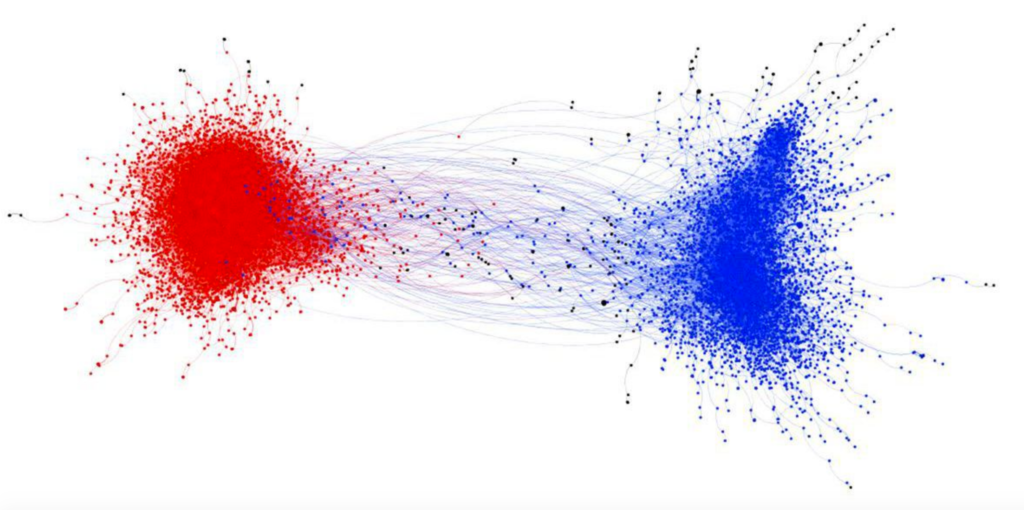From a really thoughtful assessment by Andrew Gelman and Julia Azari of lessons from the 2016 election:
In 2016, Trump was opposed vigorously as dangerous, incompetent, xenophobic, tyrannical, and unhinged, by almost everybody in elite circles: most of his Republican primary opponents at one time or another, a large number of conservative intellectuals, former Republican candidates Romney and McCain, the various Bushes, the media, almost all newspaper editorialists including those that were reliable Republican supporters, all Democrats, about 10 Republican senators, and even some pundits on Fox News. Further, Trump’s breaking of all the standard niceties of politics was there for all to see for themselves. But half the voters said, we go with this guy anyway. “The falcon no longer hears the falconer,” as W. B. Yeats put it.
To put it another way, the elites in the Republican party had a coordination problem, which allowed one of the most disliked choices to win the nomination in a multi-candidate primary campaign. At this point, one might well ask whether elites are now following public opinion: are elected officials who would like to challenge Trump afraid to alienate their voters? These sorts of questions demonstrate the connections between public opinion and legislative politics: Congressional Republicans are reliant on Trump’s support within their party but fearful of his unpopularity among Democrats and independence; meanwhile, Trump relies on the forbearance of a Republican-led Congress to avoid being engulfed by investigations of scandals.
Their Lesson 13 is also interesting:
13. There is an Authoritarian Dimension of Politics
Political scientists used to worry about authoritarianism within the electorate. Mainstream politicians, ranging from Republicans on the far right to lefties such as Sanders, tend not to go there. Trump did. In doing so he broke the rules of politics with extreme comments about his opponents, etc., that are hard to forget. But a significant segment of the electorate, maybe 20%, have always been waiting for its authoritarian champion on what we now call the alt-right dimension. There had not been one in the modern era. Trump’s absolute dominance of the political news for over a year signifies this uniqueness. There had been others with this sort of appeal, notably Joe McCarthy or George Wallace, but they never came close to becoming our national leader.

